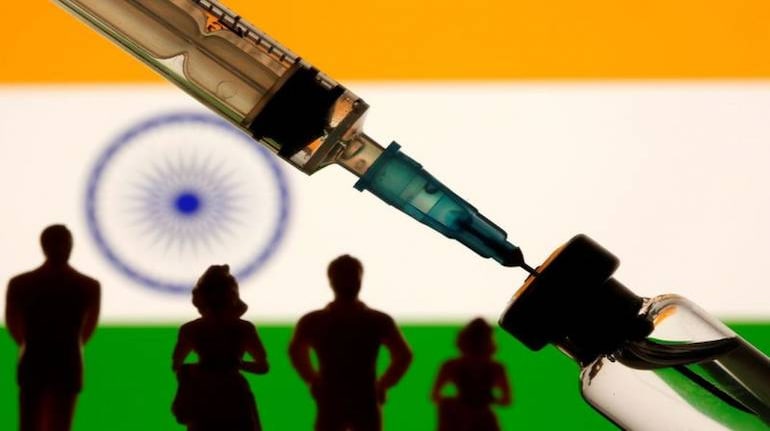



India, which is among the largest troop contributing countries to UN peacekeeping missions, has called for an "inclusive system" that provides early vaccination of peacekeepers, humanitarian workers and UN frontline workers.
India's Deputy Permanent Representative to the UN, Ambassador K Nagaraj Naidu, on Monday noted that despite the numerous challenges to peacekeeping missions due to the pandemic, they have adapted and updated their contingency plans to ensure the safety of their personnel and protect their capacity to continue critical operations, thereby continuing to deliver on their mandates.
"The Council also needs to recognise the sacrifices of our peacekeepers especially in tough mission settings where tours of duty were extended," he said at the UN Security Council briefing on Maintenance of international peace and security: Follow-up on the implementation of resolution 2532'.
"We also need to put in place an inclusive system that will provide for early vaccination of our peacekeepers, humanitarian workers and other UN frontline workers and guarantee safe and secure access for humanitarian operations, Naidu said.
He said the Council, as a priority, must work towards supporting initiatives that guarantee a safe and sustained recovery of economies in conflict situations, ensure speedy and equitable distribution of vaccines and therapeutics among the most-disadvantaged populations in conflict-ridden countries.
As the world continues to deal with the pandemic, the Council's initiatives on combating COVID-19 should transcend conflict lines and contribute to global social cohesion, he said.
Naidu stressed that the Council needs to have a human-centric approach to tackle the pandemic. Lack of funding for emergency relief and the complications created by the pandemic have pushed some of the world's neediest populations closer to famine conditions, he said.
He said the donor community and civil society organisations should sustain necessary support and partnership during the crisis.
Naidu told the Council meeting that at the peak of the COVID-19 pandemic, India responded to the Secretary General's call and upgraded the medical facilities of UN peacekeeping missions in Goma in the Democratic Republic of the Congo and Juba in South Sudan.
Discover the latest Business News, Sensex, and Nifty updates. Obtain Personal Finance insights, tax queries, and expert opinions on Moneycontrol or download the Moneycontrol App to stay updated!
Find the best of Al News in one place, specially curated for you every weekend.
Stay on top of the latest tech trends and biggest startup news.